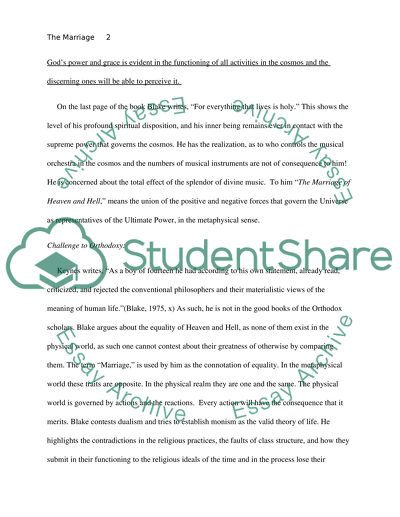Cite this document
(“The marriage of heaven and hell/ William Blake Research Paper”, n.d.)
The marriage of heaven and hell/ William Blake Research Paper. Retrieved from https://studentshare.org/literature/1471001-the-marriage-of-heaven-and-hell-william-blake
The marriage of heaven and hell/ William Blake Research Paper. Retrieved from https://studentshare.org/literature/1471001-the-marriage-of-heaven-and-hell-william-blake
(The Marriage of Heaven and Hell/ William Blake Research Paper)
The Marriage of Heaven and Hell/ William Blake Research Paper. https://studentshare.org/literature/1471001-the-marriage-of-heaven-and-hell-william-blake.
The Marriage of Heaven and Hell/ William Blake Research Paper. https://studentshare.org/literature/1471001-the-marriage-of-heaven-and-hell-william-blake.
“The Marriage of Heaven and Hell/ William Blake Research Paper”, n.d. https://studentshare.org/literature/1471001-the-marriage-of-heaven-and-hell-william-blake.


